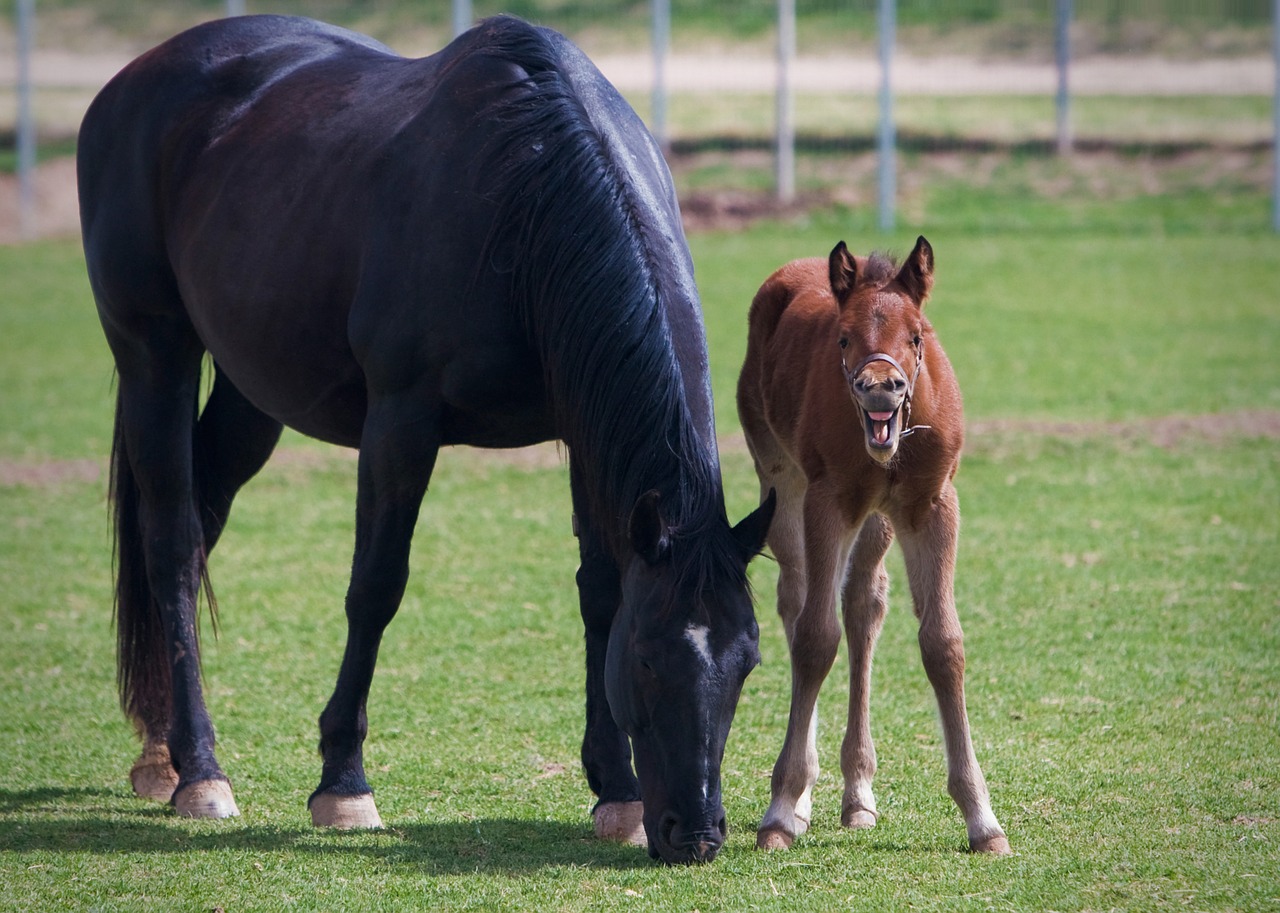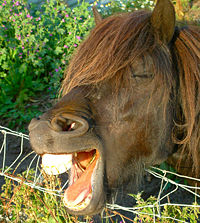Everyone is familiar with preventative medicine. From vaccinations, to dental care, to eating right, preventative medicine applies to humans, as well as to our equine friends. However, one area of preventative medicine that is often overlooked for all species is athletic performance.
What we ask of our own bodies, as well as what we ask of our equine athletes, is far beyond the natural athletic requirements of the body. If you watch a horse in the pasture, or even a wild horse, they spend the vast majority of the day with their head down, wandering while eating. Occasionally something may spook them, and they might run for a short distance and then stop to gather their wits. But we don’t see horses running in circles, chasing a cow, or jumping over obstacles of their own volition.
With this “overuse” in mind, is there a different way that we should treat our “high performance” friends?
One place where problems tend to pop up is in joints. Muscle soreness from overuse and overexertion is a temporary issue since muscle tissue generally heals quickly and well. On the other hand, joint damage, even something very minor, can begin a cycle of synovitis and inflammation of the joint. This chronic inflammation cycle can quickly damage a joint, adding up over time and eventually leading to a lame horse.
A challenge for us as stewards of our horses’ health is that each horse is different in their pain tolerance, leaving us in a difficult position. If a horse has a high pain tolerance, they may allow this damage and inflammation to build to an irreparable level.
So what can we do to be more proactive with our equine athletes? Preventative lameness workups can be critical in keeping the high performance horse, or even a weekend warrior, in top health and mobility. Though a horse may not be having obvious lameness issues, the problems can be far more subtle and difficult to detect. Over time, there can be slight decreases in a horse’s willingness to work, level of performance, behavior, etc. These changes can be difficult to notice when we see them every day. A preventative lameness exam, including flexions, may pick up these subtle issues before they become a major problem.
With a number of treatment options and preventative methods available, there is a lot of support that we can give our equine athletes to prevent injury and breakdown, and allow them a longer, more comfortable performance career. They’ll also have a happier retirement!!!
Contact us today to set up an appointment for a preventative lameness exam for your athletic partner.








